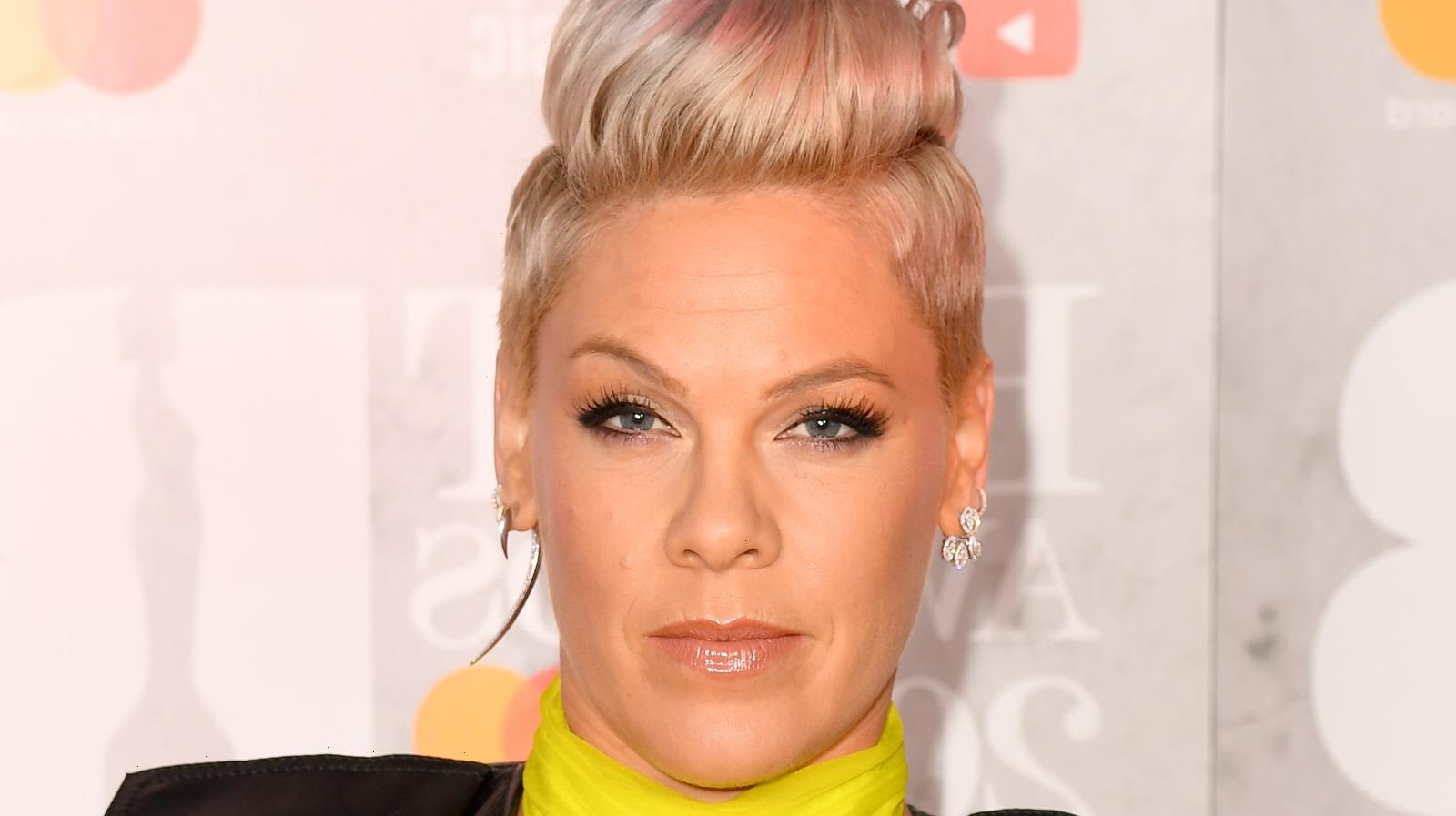I LOOK at the face of Julia James, who was so brutally killed while walking her dog last week, and I see a woman my own age – 53.
A fair, kind and familiar-looking woman, essentially one of my peers.
Except she was more than my peer, she was doubtless my superior.
As a serving PCSO, she will rightly be deemed more competent, laudable and exemplary than someone like me.
Yet everything about Julia’s tragic end exposes dark undertones of what, and who, we value as a society.
Like many others, I was profoundly affected by the explosion of anger, disquiet and disgust from the public when the young Sarah Everard was found killed.
The outpouring was as overdue as it was timely.
But where was the clamour, noise and protest at the murder of this middle-aged woman?
I was deafened by the silence — ashamed and saddened by it.
I have lived through decades of fear as a woman.
I have documented the palpable apprehension we, as women, carry with us from the moment we are capable of understanding that we are the subjects and objects of other people’s aggression.
It felt significant, then, that finally the vast majority of us had united and acknowledged that Sarah’s death was one too many, and that (female) voices needed to be heard.
What I never quite grasped was how we hadn’t man- aged to come to that astute conclusion before and why we hadn’t, until then, gathered ourselves in such numbers as to be recognised and finally considered.
Women have constantly had to wait for the world to be ready.
We’ve had to wait patiently for waves of shocking statistics and outrage — think feminism, #MeToo, the Everyday Sexism Project, Time’sUp, #AllMenCan.
We were born second-class citizens and have been forced to bide our time with forbearance.
Imagine, then, that just two short months since the killing of Sarah and the fury and indignation with which we marked her name as a time for real change, we allow the killing of another woman to go largely un-challenged, almost unnoticed.
Police in the locality where Julia was murdered have asked people to remain cautious, vigilant and aware.
By “people”, they mean women.
You may call me an obsessive feminazi and a paranoid opponent of ageism, but I cannot escape the feeling that Julia James’s age has something to do with our ambivalence.
I know we have been horrified, terrified and shocked, but this mum and grandmother’s death seems to have somewhat fallen by the wayside.
She is gone and by no means forgotten by her loving family and friends.
But the rest of us?
Did we let her become a rare and random statistic because of her age?
And what if Julia had been a black or Asian woman?
Would we have seen even less of a reaction and have just shrugged our shoulders at the making of yet another statistic?
I fear we might.
Can we honestly deny that our alarm, anger and trauma over Miss Everard’s death was because she had so much life in front of her.
At 33, she represented potential, the future, and there was a richness and abundance about her.
The loss of her life could be considered a greater waste.
Society has never quite known what to do with women past childbearing age.
Generations before mine have gone unnoticed, neglected and rejected.
Once we had served our purpose, we were amalgamated into the backdrop of life where we would be neither seen nor heard.
As an ageing woman, I still feel an overbearing consciousness about my age, one that has been directly and indirectly imposed on me.
So it appears, to me, that society doesn’t see the cruel passing of a 53-year-old woman as being quite as wasteful as that of a 33-year-old.
This is the antithesis of what I feel, but I am acutely alert to the under-current of ageism.
Julia had more years behind her than she had in front of her, after all.
STRAIN OF AGEISM
Is that why I feel her death may have been slightly overlooked and neglected?
Is it an additional, subconscious shadow of age bias hovering over a murder that should really have gained further momentum from another killing just two months before?
Only a few months ago, I inadvertently had an argument with a man, who I thought knew better.
He was 44, so no whipper-snapper.
He challenged my anecdotal and historical knowledge of how society treats ageing women differently to ageing men.
I was persistently challenged by him for examples and I gave them.
And still it wasn’t enough.
It wasn’t enough because people (men) still believe ageism is a thing of the past.
And those who have the power to acknowledge things need to change insist on treading water in the comfort zone that is the status quo.
We must all work hard to remove the sliding scale of value and meaningfulness in life because it seems that even in death we cannot dodge the strain of ageism.
Sarah Everard was just walking home.
Julia James was just walking her dog.
Melinda divorce a shock, but I’ll tech a chance on Bill
THE main speculation surrounding the forthcoming divorce of Bill and Melinda Gates appears to be what will happen with their joint fortune.
Personally, I was shocked by their announcement and felt that if they can’t make a marriage work after 27 years and three children, there simply is no hope for the rest of us.
I might as well give up.
But interestingly, the Gates are part of a growing number of over-50s who are deciding to cut their ties and walk away from long marriages.
The age of divorce is going up and there has been a marked increase in splits with the over-70s and 80s.
These people are more likely to be financially stable and unlikely to squabble over the children.
In this country, we will soon be able to use “no fault” divorce – where there is no pressure to accuse or concede reasons for the breakdown.
The majority of divorces are driven by women.
No surprise, with the increased independence and social life that they have been able to enjoy over the past decades.
I’m looking forward to matching with Bill on dating app Hinge soon.
We can talk tech and all the other things I’m really excellent at.
Prof's a real tonic
YOU can keep your Prof Chris Whitty and your Sir Patrick Vallance.
Professor Neil Ferguson can take a running jump after telling us to belt ourselves in while he played hide the sausage with his married lover.
And Professor Jonathan Van-Tam is about as exciting as a long school assembly in Year 7.
No, my hero of all the specialists and clever scientists is Professor Sir John Bell.
He is a Canadian immunologist and geneticist and is a member of the UK Government taskforce.
With hand on my little dark heart, I can say that he’s about the only person who has sustained any semblance of hope for me during this entire pandemic.
As someone who struggles with her mental health at times, this pandemic has been tricky to navigate.
But every time I hear his cute little Canadian lilt on the radio, my shoulders relax.
This brilliant man speaks clearly and simply and, most crucially, doesn’t fear optimism.
I’m not convinced the Government advisers have any idea of the damage they do with their constant doom and gloom and overbearing hectoring, even when we were just starting to see the light at the end of the tunnel.
Sir John is cautiously optimistic and jolly.
And, above all else, he called France’s dilly-dallying over the AstraZeneca vaccine “absolutely crackers”.
I’d love to hear what he has to say about the French fishermen clogging up our waters.
You gotta love a plain-speaking man who calls a spade “une bêche”.
Source: Read Full Article







